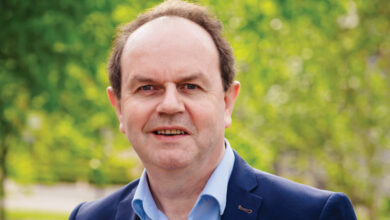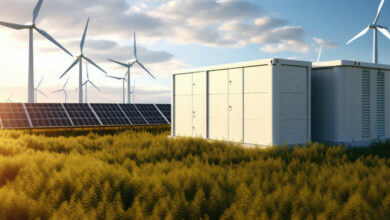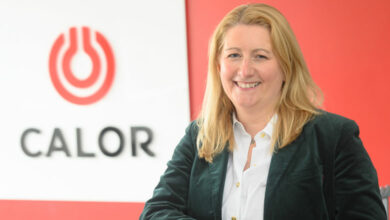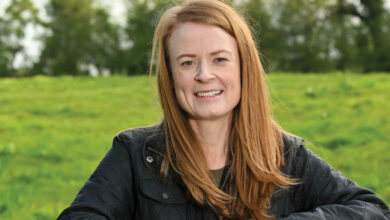Energy Secretary Ed Davey profile
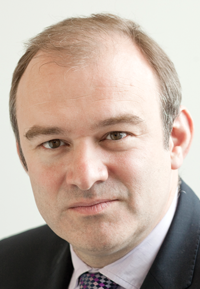 A profile of the new Energy and Climate Change Secretary.
A profile of the new Energy and Climate Change Secretary.
Ed Davey’s student environmentalism led him to join the Liberal Democrats and he views his new ministerial position as a “dream job”
The Department of Energy and Climate Change (DECC) is one of five Lib Dem Cabinet posts, alongside business policy (care of Vince Cable), Scotland (Michael Moore), Danny Alexander at the Treasury and Nick Clegg.
Born in Nottinghamshire in 1965, Ed Davey studied politics, philosophy and economics at Jesus College, Oxford, and gained an MSc in economics from London University’s Birkbeck College. He then worked as an economics researcher for the party and a private sector consultant on postal policy.
He narrowly won Kingston and Surbiton, in south west London, in the 1997 general election and was promoted as the party’s Shadow Chief Secretary in 2001. Subsequent shadow briefs included education, trade and industry, and foreign affairs. He contributed to the free market Orange Book in 2004, which set Lib Dem MPs apart from their more socialist supporters.
In May 2010, Davey was appointed Parliamentary Under-Secretary of State for employment relations, consumer and postal affairs at the Department for Business, Innovation and Skills. After a quiet but competent term in that brief, he joined the Cabinet on 3 February this year, following Chris Huhne’s resignation. Davey is seen as a bridge-builder, in contrast to Huhne’s combative personality.
One of his first duties was to open the world’s largest wind farm, Dong Energy’s 102-turbine site off Cumbria. Reinforcing his environmentalist credentials, Davey told Scottish Lib Dems that his forthcoming ‘green deal’ for business would be “hated” by some vested interests. The plan will involve securing loans against future energy savings to build more energy-efficient homes.
“Our claim is that we will be the first government in history to embed energy efficiency across our whole energy policy,” he stated. “The first government to seek to make reducing energy demand at least as important as how we increase supply.” Davey cited Scotland’s renewable resource, largely consumed in England, as a strength of the union.
He has also praised carbon capture and storage as “crucial to a low carbon future for our planet.”
On 23 March, the Supreme Court ruled against a UK Government plan to drop the feed-in tariff for solar power from 43.3p/kwh to 21p/kwh for panels installed after 12 December 2011. The new rate will still apply to installations after 1 April; ministers had acted to cut costs after a surge in applications.
Davey wants DECC to become a “delivery department” and sees Parliament as a “critical friend” to the Government. Windfarm subsidies have been a success, in his view, while David Cameron has previously described them as wasteful.
Despite protesting against new nuclear in opposition, he now has a “reluctant acceptance” and claims that anti-nuclear protest groups are taking risks with the economy. He says that his own opposition was on cost grounds and that he has concluded that it would be cost-effective.
His comments during the March petrol crisis, urging people not to panic-buy, followed on from Francis Maude’s widely criticised remarks about storing petrol in jerry cans and garages.
Most energy policy is devolved, with the exception of nuclear. As Secretary of State, he has direct responsibility for energy security, energy market reform, carbon pricing and relations with the devolved administrations.
Davey is assisted by three Conservative junior ministers (Greg Barker, Charles Hendry and Lord Marland) and shadowed by Caroline Flint. Tory MP Tim Yeo chairs the Energy and Climate Committee.
He lives with his wife and son in Surbiton. His free time interests include an eclectic music taste, countryside walks, swimming and watching repeats of Monty Python, the West Wing and When the Boat Comes In.

